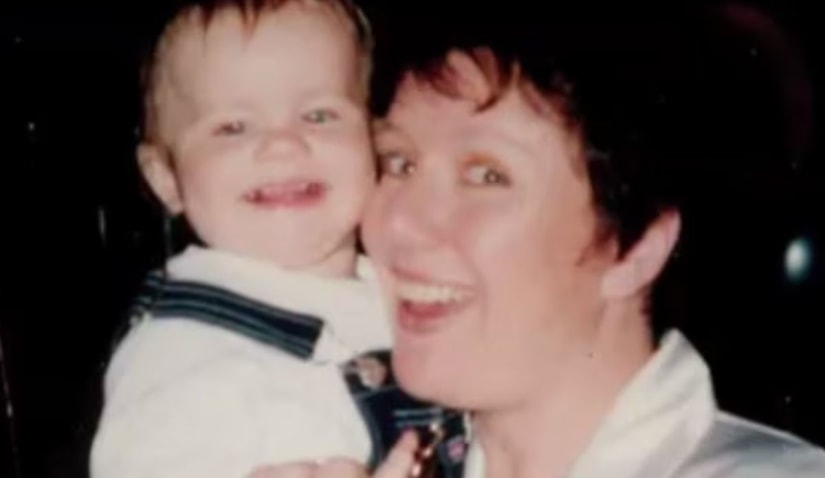Powered by MOMENTUM MEDIA
A report from former chief justice Tom Bathurst that concluded Kathleen Folbigg was wrongfully convicted for the deaths of her four children has been handed to the NSW Governor, along with a proposal that her case be heard before an appeal court.

The 600-plus page report rehashed the most critical submissions aired during the April inquiry, including that diary entries Ms Folbigg made at the time of her children’s death did not indicate guilt and the strong likelihood a genetic mutation was the actual cause of death.
He did this based on findings there is “reasonable doubt as to Ms Folbigg’s guilt”, which he provided to Mr Daley at the time.
Rhanee Rego, Ms Folbigg’s solicitor, said the release of the final report was another “significant positive milestone” on the now 24-year fight to clear Ms Folbigg’s name.
“We look forward to standing with Ms Folbigg in the Court of Criminal Appeal in due course,” Ms Rego commented.
Former chief justice Bathurst came to the conclusion there were “identifiable causes of death” for Sarah and Laura – being the CALM2 G114R mutation – and Patrick’s apparent life-threatening event (ALTE) was caused by a neurogenetic disorder rather than a smothering event.
“Once that conclusion is reached, any probative force of the coincidence and tendency evidence is substantially diminished.
“Further, I have concluded that the relationship Ms Folbigg had with her children does not support the inference that she killed them.
“Finally, I do not regard the diaries as containing reliable admissions of guilt,” former chief justice Bathurst said.
As for Caleb, former chief justice Bathurst said the findings for the other three children meant the “reasonable possibility that he died of unknown natural causes has not been excluded”.
During Ms Folbigg’s original trial, the Crown argued Ms Folbigg had killed all four children by smothering them, despite there being no signs of smothering detected on the autopsies.
While some experts told the 2023 inquiry it is possible to smother a child without leaving a trace, former chief justice Bathurst concluded it was unlikely in this instance, particularly given evidence of the mutation and a finding that Laura had been old enough at the time to have been able to struggle and left a sign of doing so.
Referring to the Crown’s original submissions that diary entries indicated guilt, former chief justice Bathurst said he supported submissions that the primary care of young children means primary caregivers can often be “fatigued, frustrated, and sometimes angry”.
“The evidence before the inquiry, at most, demonstrates that Ms Folbigg was a loving and caring mother who occasionally became angry and frustrated with her children.
“That provides no support for the proposition that she killed her four children,” former chief justice Bathurst concluded.
Ms Rego said this finding reinforced a “personal truth that Kathleen has held in her heart for more than two decades”.
“Today, and every day, Kathleen’s thoughts are with her children,” Ms Rego said.

Naomi Neilson is a senior journalist with a focus on court reporting for Lawyers Weekly.
You can email Naomi at: